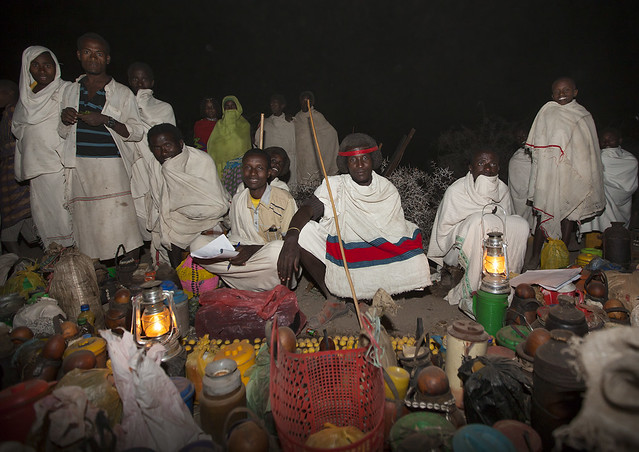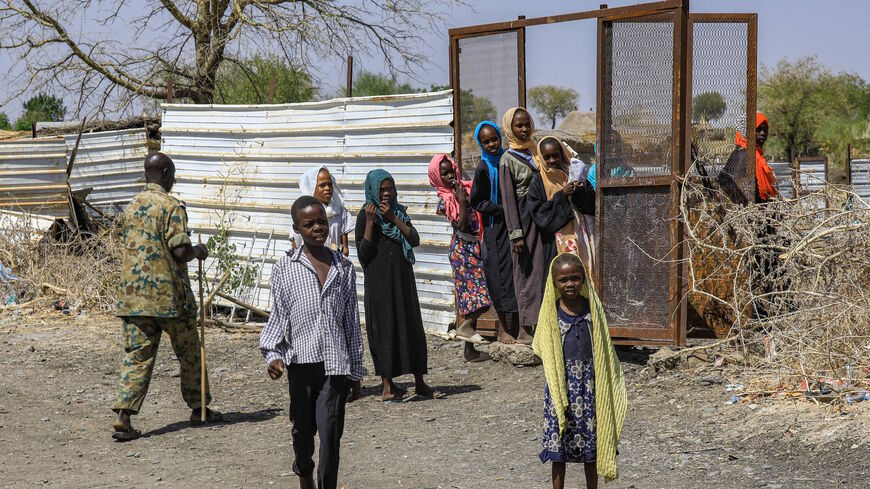
Apparently the Abiy Ahmed regime feels threatened by longstanding democratic practices of the Oromo people. Whilst saying it wants an African solution to an African problem they kill Oromos trying to do just that. The extrajudicial killing of members of an elder council of Karrayyu Oromo in the East Shewa zone of Oromia this week apparently by elements of Amhara militia is an attack on the Oromo culture and tradition. Unfortunately much of the discontent of the Oromo people in Ethiopia gets little attention in the current conflict. For sometime the Oromos have practiced legal pluralism with a mix of traditional practices and more modern governmental functions. Researchers on these practices have found them to be effective in reducing violence and helping local populations prosper peacefully. Interestingly Ethiopian Prime Minister in his claimed PhD thesis discussed elder councils as a way to solve conflicts but now seems to have dumped the concept. Although spokespersons for Abiy Ahmed deny their involvement, many Oromos point to the recent history of executions by Amhara militia documented on published videos and history of domination.
The Karrayyu Oromo who once numbered over 200,000 in population are a subgroup of the Oromo people, the largest ethnic group in Ethiopia numbering 33 million or 32% of the Ethiopian population. Their origins in what came to called Ethiopia goes back many hundreds of years. They are mostly nomadic pastoralists who came under Amhara domination during the reign of Menelik II at the end of the 19th century. Like many Oromos they complain of a history of discrimination and deprivation under Amhara rule.
The Karrayyu and their fellow Oromos practice the gadaa system which involve different generations rotating local government responsibilities in social, political, economic, and religious life. Western political scientists have recently studied and noted this form of democracy as potentially predating the Greek concept of democracy.


